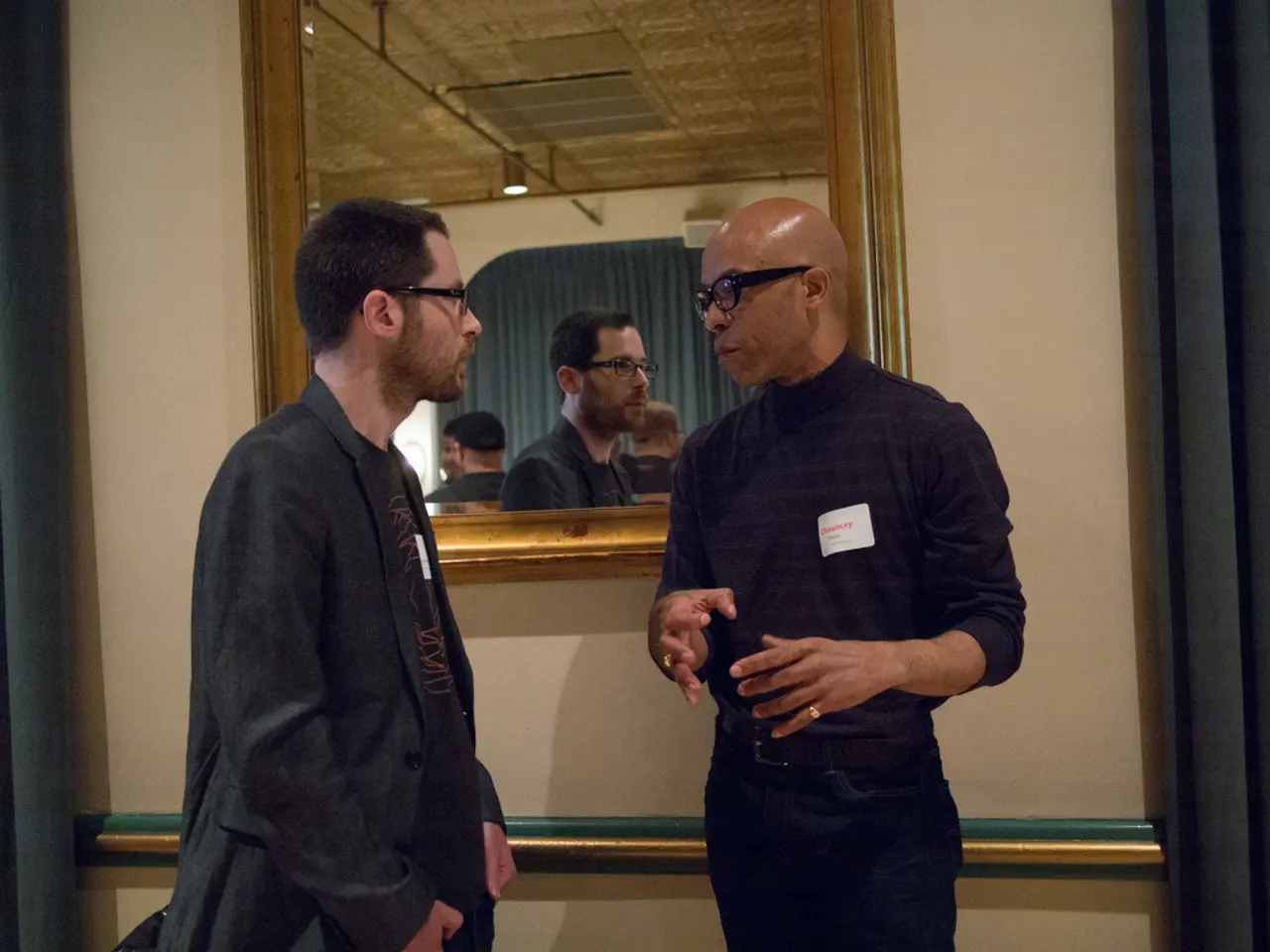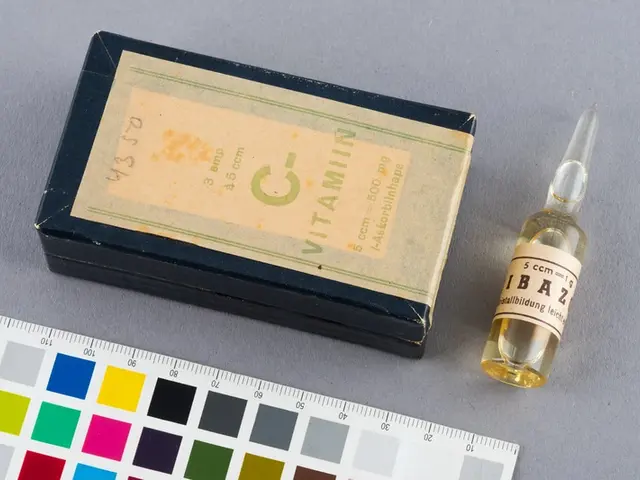Strategies for Dispelling Implicit Bias Within Oneself
In a world where systemic racism continues to persist, it's essential to understand the impact it has on individuals and communities of colour. One such insidious manifestation is internalized racism, a deeply ingrained belief in the superiority of the dominant culture and the inferiority of one's own.
Recognizing signs of internalized racism is crucial. Behaviours such as rejecting one's native culture or language, attributing negative traits to one's own racial or ethnic group, and showing preference for lighter skin or non-Black cultures are all indicators. Psychiatrist Frantz Fanon's work highlights this trauma-induced rejection of Black identity, while fictional character Pecola Breedlove in Toni Morrison's The Bluest Eye illustrates self-hatred and neurosis related to racial identity.
Healing from internalized racism is a complex process that requires patience, self-compassion, and commitment. A multifaceted approach is necessary, focusing on reclaiming cultural identity, building solidarities, addressing systemic factors, and seeking supportive mental health resources.
Reconnecting with one's native language, culture, and history can help rebuild pride and a positive self-concept. Building solidarities within and across marginalized groups can counter isolation and erasure. Engaging in conversations and education that explicitly address internalized negative stereotypes and trauma caused by systemic racism is essential. Seeking collective and individual healing practices, such as culturally sensitive and trauma-informed therapy, confronts internalized racism as a societal and psychological issue rather than personal failure.
Moreover, healing is not just an individual psychological process but also requires structural and community-level support. Challenging racial gaslighting and denial of racism, validating lived experiences, and fostering safe spaces for open discourse are vital steps in this journey.
Cooking traditional recipes, listening to music created by people from one's community, watching movies or television shows from one's culture, celebrating cultural holidays, connecting with mentors in the community, and joining a cultural organization can all aid in reconnecting with one's culture. Questioning negative stereotypes and reframing beliefs can help in the healing process.
At our website, you can find licensed online therapists who can help explore feelings in a safe, affirming space and unpack internalized beliefs. Articles on our website are extensively reviewed by a team of clinical experts to ensure content is accurate and on par with current industry standards. They contain trusted third-party sources and explore resources such as books, articles, videos, and podcasts on anti-racism and internalized racism to aid in your journey of stopping these internalized thoughts.
Our goal is to provide the most up-to-date, valuable, and objective information on mental health-related topics to help readers make informed decisions. Whether you're seeking support, education, or resources, our website is here to help you on your path towards healing and empowerment.
[1] Fanon, F. (1952). Black Skin, White Masks. Grove Press. [2] Smith, L. T., & Warrior, A. (Eds.). (2012). The State of Native America: Genocide, Colonization, and Resistance. University of Minnesota Press. [5] Adams, M., Bell, A. O., & Griffin, C. (2016). Fear of the Black Body: An Anthology of Black Horror and Science Fiction. Duke University Press.
A licensed online therapist can help explore feelings about internalized racism in a safe, affirming space, unpacking deeply ingrained beliefs that contribute to mental health issues. Building a connection with one's native language, culture, and history can help rebuild pride and a positive self-concept as part of the healing process from internalized racism.





